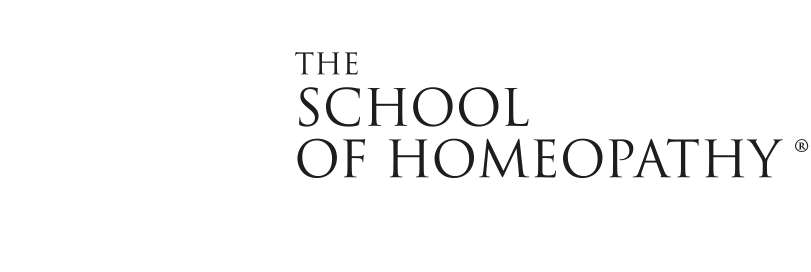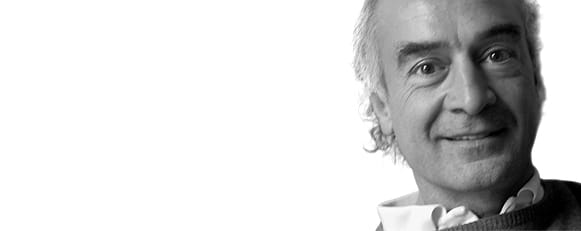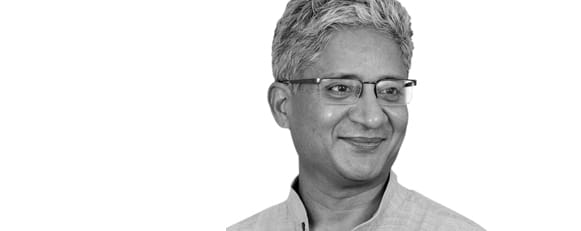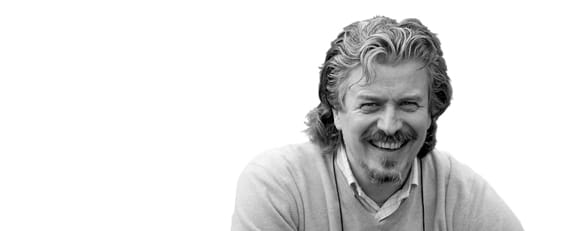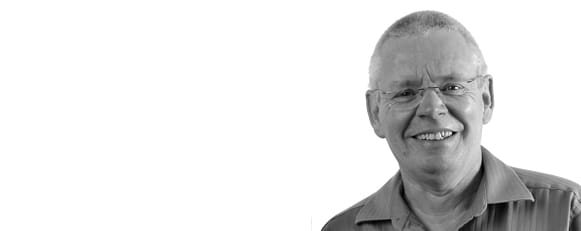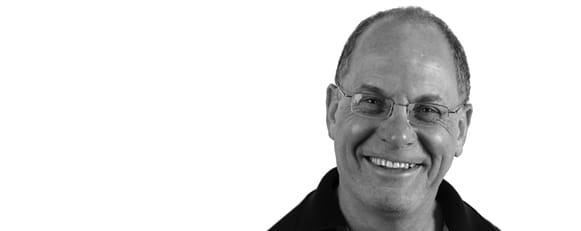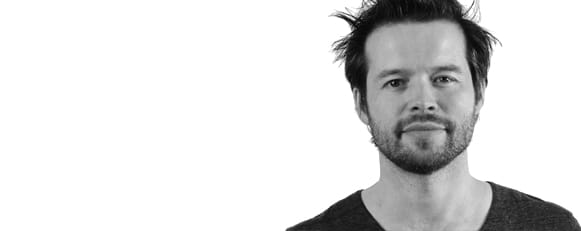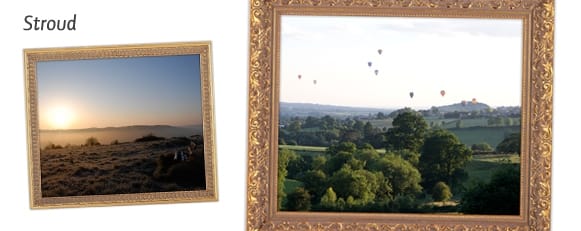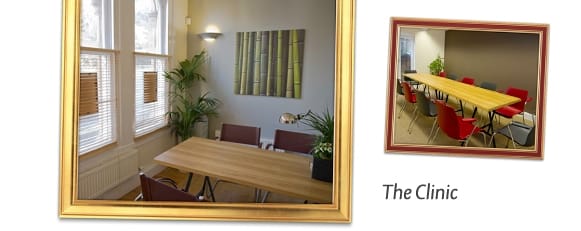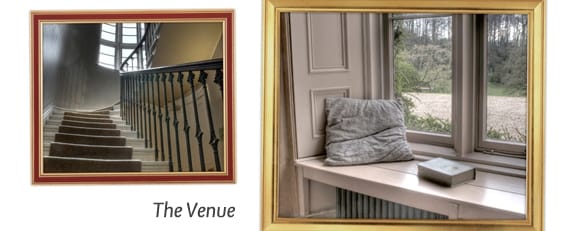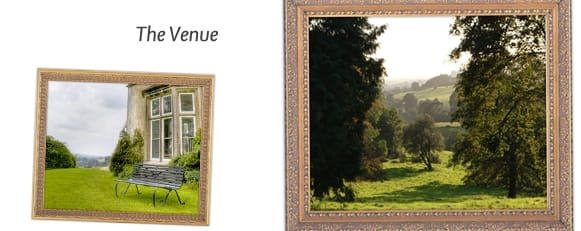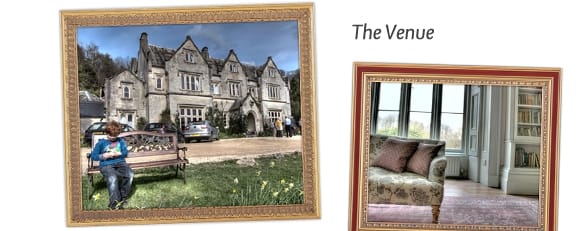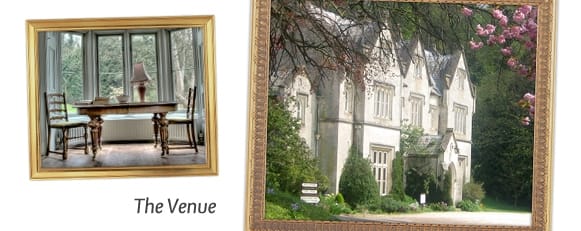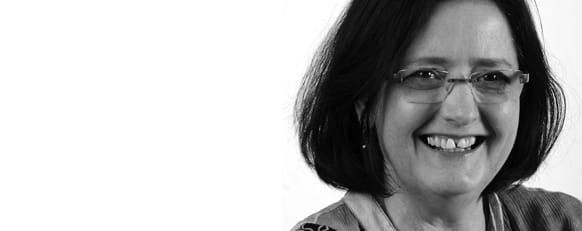.jpg)
.jpg)
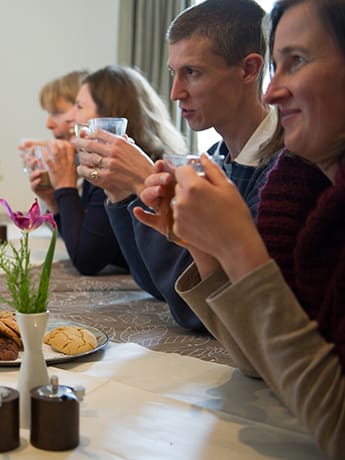
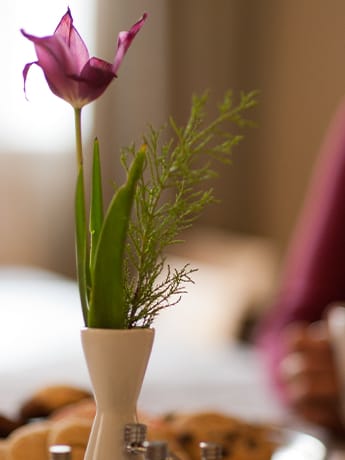
.jpg)
Summer School
We run a 6-7 day clinical workshop annually in the UK. Held in June each year - see below.
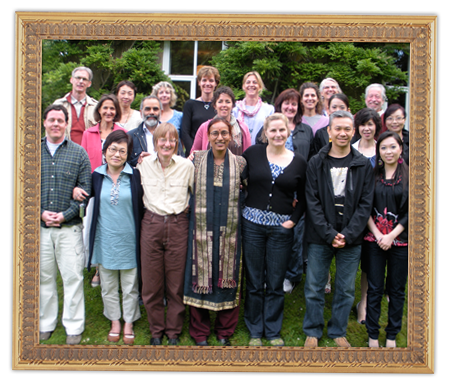
Who are the summer schools for?
This intensive, interactive learning opportunity is for the more advanced student in year 2 or higher (year 1 students can come as observers). These clinical events provide 50 of the Clinical Observation hours you need to be a qualified homeopath.
The Summer School is specifically designed for School of Homeopathy students to ensure you get the highest quality Clinical Observation training. It is also open to a small number of visiting students and homeopath. The teaching is interactive (not just talk and chalk), as we get to know each other and learn more about what is going on in the wide world of similimum hunting. To this end, we have a full programme mingling theory and video casework, and also mingling classical with modern approaches.
Date: 15th June - 21st June 2026 (6-7 days)
Times: Arrive for 10.15 for a 10.30am start on Monday June 15th. See class times below.
|
Schedule |
Times |
Teachers |
|
Mon 15 June |
10.30 – 18.00 |
David Mundy + welcome dinner (optional) |
|
Tue 16 June |
10.00 – 18.00 |
David Mundy |
|
Wed 17 June |
10.00 – 18.00 |
Luke Norland |
|
Thur 18 June |
10.00 – 18.00 |
Geoff Johnson |
|
Fri 19 June |
10.00 – 15.30 |
Geoff Johnson |
|
Sat 20 June |
10.00 – 18.00 |
Em Colley & Karen Leadbeater + graduation party |
|
Sun 21 June |
10.00 – 17.00 |
Janet Taylor |
Teachers: David Mundy, Luke Norland, Geoff Johnson, Janet Taylor, Bill Rumble and Em Colley
Fee: £75.00 registration + £650.00 course
This fee does not include meals, accommodation, travel.
Venues:
The School of Homeopathy Venue
Hawkwood, Stroud, Gloucestershire, GL6 7QW
How to pay the course fee
Please make the registration fee now to secure your place and the course fee must be paid by May 1st. Booking couldn’t be simpler, you can pay online or call us:
To pay online:
Registration fee: Click here
Course fee: Click here
Booking office:
The School of Homeopathy
T: +44 (0)1453 709 709
E: Click here
Why should you come and what are the benefits?
We feel that you should come, not only to put theoretical knowledge into practice in a safe therapeutic environment prior to your supervision, not only to learn new methods so as to extend your practice, but also to listen and learn from each other and to befriend. We are a growing community, and like any family we need each other to help us progress as individuals and as healers, as well as to acquire homeopathic skill. Yes, it’s about love – this can be the greatest benefit, especially on the journey ahead when we face ourselves, and our vulnerability, as we probe the wound and the healing of others. To restate a well known truth, we cannot progress in the work of healing others unless we heal ourselves. This requires as much compassion, gentleness and patience as we would give to others. And this is an art that requires practice.
We hope that you will come, not only to meet Luke, David, Katja and Nick in person, or to put theoretical knowledge into practice in a safe therapeutic environment, not only to learn new methods so as to extend your capacity, but also to listen and to learn from each other and to befriend. Like any community we need each other to help us progress as individuals and as healers, as well as to acquire new homeopathic skills. So we greatly look forward to meeting you (for the first time or to renew established acquaintance) and to us all sharing our common interest in learning about homeopathy, caring for each other, and of course, generally having a most creative time!
Welcome Dinner:
For those coming we have an optional welcome dinner at the venue on the Monday evening so we can all get to know each other in a more social setting. Let Hawkwood know if you would like to come at the time of booking B&B and meals etc.
Graduation:
For those that would like to you are welcome to stay for the 4th year’s graduation ceremony and party on Saturday evening.
Optional Sunday:
If you want to stay on you can also join in on further classroom teaching on the Sunday with Janet Taylor.
What happens at the Summer School and how does this add to your clinical competence?
Following on from viewing video cases, some of which will be live cases, you will be asked to focus your mind in an atmosphere of cooperative enterprise. Here case analysis techniques are put to the acid test. You will be asked to work on cases, firstly individually, then possibly in sub-groups. Finally, we present findings, with everyone coming together in general classroom discussion.
Our primary stance is to listen to you, only guiding when you get stuck or persist on a tangential path. Only later will we step into expert position and give interpretations of the case issues and Materia Medica examples so that jointly we may decide upon an appropriate homeopathic response.
Come join us at the heart of the School now for new inspiration and skill-making!
Kelly, Student
I immensely enjoyed attending Summer School. Meeting and discussing homeopathy with Misha and Janet was wonderful! Bonding and discussing homeopathy with other students
was also brilliant. Most of us still keep in contact on a weekly, if not daily basis, and it is great having that support network. Although the online system allows students to connect
with each other, meeting in person makes it much easier to maintain a connection and relationship. Observing Misha and Janet with patients in person, and live case taking live
was extremely valuable to my learning, and I am certain this will reflect in my assignments moving forwards. Session content, variety, presentation, timing, etc. was all perfect.
The Summer School was great for:
- Observing and taking cases live (i.e. face to face/seeing patients in person)
- Working through video cases bit by bit (i.e. pausing to discuss each relevant point)
- Looking at follow-ups (videos, and comments from live patients)
- Connecting with other students
- Tips for taking a case, such as how to phrase questions – this was demonstrated during case taking, as well as discussed later, both of which were really useful.
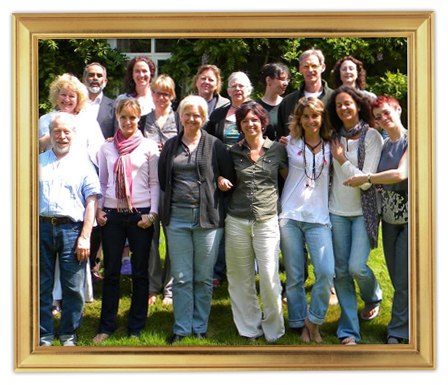
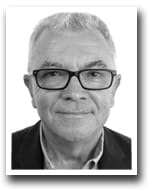
David Mundy FSHom
Originally an acupuncturist and osteopath, David studied at the College of Homeopathy, London and with many leading homeopaths including Vithoulkas, Jan Scholten and Rajan Sankaran. A practitioner for over 35 years, he teaches at many of the principal homeopathy colleges in the UK as well as overseas, and specialises in post-graduate training. David teaches from the wealth of his clinical experience, memorably filling our minds with homeopathic gems and plenty of jokes along the way.
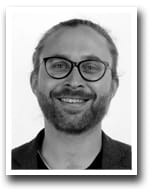
Luke Norland RSHom
Luke grew up sharing his family home with the School of Homeopathy and has been immersed in the homeopathic way of life since he was born into the world! Having first studied classical music in London, his career path eventually brought him back to his roots in the healing arts, via training and working as a massage therapist. He is particularly interested in the active-listening role of the homeopath, providing a space for people to tell their truth and explore themselves free from any prejudice.
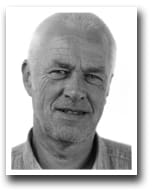
Bill Rumble RSHom
Bill has been practising since 1987 and has taught in various schools in England and Ireland since 1992. A graduate of our School, he founded the Welsh School of Homeopathy in 1995 and is particularly known for his practical interpretation of homeopathic philosophy and his artful case-taking. Bill is an inspiring presenter, gleaning methods from recent developments in psychotherapy to give students new approaches into ways to widen and deepen their understanding.
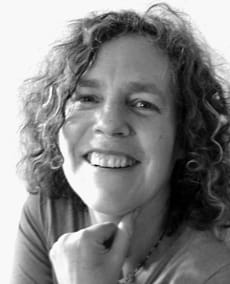
Learning homeopathy is special because it never finishes. Before I studied homeopathy, I got bored of everything I studied within a year and had to move on. Homeopathy has kept me interested for 25 years!
Penny Stirling, Clinical Supervisor
